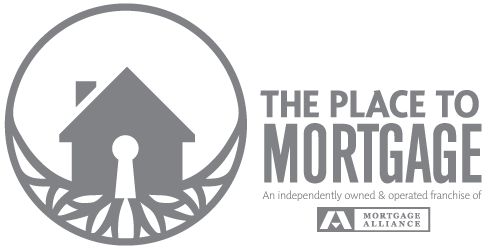A brief overview of how Canada Bond yields affect your mortgage rate
The Bank of Canada financial policies are important to understand when we are watching mortgage rates.
In a recent post we looked at how the prime rate affects the overnight lending rate, which affects variable rate mortgages. Another important factor is the Bank of Canada bond yield. The 5-year bond yield market determines fixed mortgage rates, with banks using forecasted earnings from bond investments to cover the costs (and possible) losses incurred through their mortgage investments.
Bonds are low risk
Government bonds are a low risk, low return investment option for Canadians. When you purchase a bond, you are in essence acting as a lender to the Bank of Canada. The bank uses the money for government spending and will issue interest over time. Once your bond reaches maturity, you are paid back the principal amount in full. It is low risk, because the bonds are guaranteed by the government.
Bonds are issued to banks, who sell them as investment products to clients. There are a variety of bonds offered, each with different times to maturity. The longer the maturity, the higher the bond yield (usually), but the longer you will need to wait to be repaid. Bonds can be issued with maturity as short as one year or as long as 30 years.
Bonds yields and Fixed interest rates
Banks use bond yields to help set fixed interest rates. A bond comes with a face value and a fixed interest amount that is paid. When bonds are bought and sold on the market, they may sell above or below face value:
- If bond prices goes up, the return goes down.
- If bond prices are low, the returns are higher.
Mortgages are higher risk
In general, higher risk investments pay more than lower risk. Bonds, with their low risk, do not pay as much interest as other investment options. A bank can make more money selling a mortgage, but charge a premium to account for the risk. Banks rely on bond yields to finance the expenses of holding mortgages. As Canada bond yields fluctuate with the market, so do mortgage rates.
Canada bonds and 5-year mortgage rates
5-year bonds have the same time to maturity as 5-year mortgages, but mortgages are much higher risk for investors than bonds. Banks calculate mortgage rates based on the bond yield plus a risk premium. If a 5-year bond yield increases, 5-year mortgage rates will also increase.
What should you do about a potential rise in mortgage rates?
The upwards trend in bond yields will likely continue for the time being. As bond yields increase, so will fixed mortgage rates.
As your mortgage professionals, our job is to help you find the best solutions for home ownership and your financial goals. We can provide our insight on market changes, plus hold your best rate now for up to 120 days.
Do not hesitate to call to discuss your options. Our brokers strive to stand out from the everyday mortgage lender and bank. Much more than mortgage professionals, we are always looking for ways to go above and beyond for our clients; offering ongoing strategies, programs and incentives to help ensure your financial success.
Read more: Why bond yields affect your mortgage rates
Read more: Lenders hiking fixed mortgage rates again as bond yields hit a 13-year high



